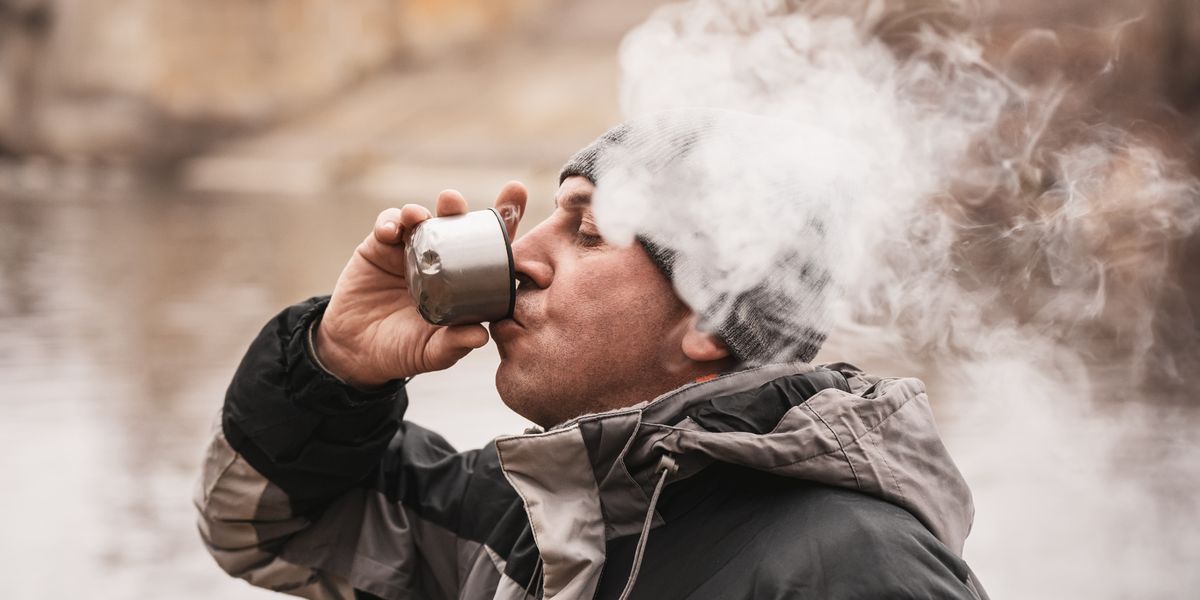Teenagers who experience poor sleep are up to 72% more at risk of being obese compared to those getting an adequate amount of sleep, evidence has demonstrated.
A study conducted by the European Society of Cardiology has found that weight gain is more common among adolescents getting less than seven hours sleep per night.
A lack of sleep during adolescence was also linked to high blood pressure and irregular blood glucose levels and blood lipid levels, the research has reported.
Senior author Jesús Martínez Gómez said: “Our study shows that most teenagers do not get enough sleep and this is connected with excess weight and characteristics that promote weight gain, potentially setting them up for future problems.
- Low carb diet shown to reduce high blood pressure
- Diabetes and high blood pressure ‘impairs the memory’
“We are currently investigating whether poor sleep habits are related to excessive screen time, which could explain why older adolescents get even less sleep than younger ones.”
During the study, the team of scientists analysed the sleeping habits, BMIs and health outcomes of more than 1,200 teenagers.
They found that the participants getting less than seven hours sleep per night were 72% more likely to be obese compared to those sleeping for longer.
According to the research findings, the male participants got less sleep than the female participants.
“The connections between insufficient sleep and adverse health were independent of energy intake and physical activity levels, indicating that sleep itself is important,” said Gómez.
- Liverpool resident who reversed a 23-year diagnosis of type 2 diabetes makes national news
- Eating protein from a variety of sources linked to lower risk of high blood pressure, study suggests
He added: “Excess weight and metabolic syndrome are ultimately associated with cardiovascular diseases, suggesting that health promotion programmes in schools should teach good sleep habits.
“Parents can set a good example by having a consistent bedtime and limiting screen time in the evening. Public policies are also needed to tackle this global health problem.”









